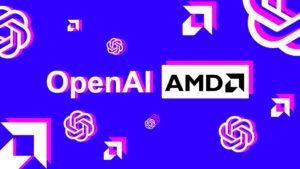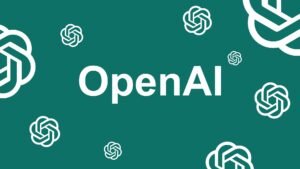
Artificially intelligent assistants like Microsoft’s Copilot are rapidly moving beyond early adopters and into the mainstream workforce. These AI aids promise to boost productivity but also shift traditional office job descriptions and practices.
Copilot, which uses machine learning to suggest complete lines and even entire blocks of computer code as programmers type, has already racked up 1.3 million paid subscribers just two years after its launch. Its parent company Microsoft is now actively adapting the underlying technology for new “Copilot” features across its Office suite of productivity applications like Word, Excel and PowerPoint.
As these AI assistant technologies spread to other occupations (Microsoft’s Copilots), we can expect a rise in productivity but also growing pains. Displacement may be more gradual as human skills evolve alongside AI. Continual learning and adaptation will be crucial.
Potential impact of AI tools like GitHub Copilot on the future of work
The rapid adoption of Copilot does suggest these tools can provide a real boost to productivity for programmers. However, increased productivity could simply lead companies to get the same work done with fewer people, rather than expanding projects and hiring more. So these tools could reduce programmer jobs.
There are open questions around whether increased reliance on AI leads to more errors. More research is needed here. As a general principle, over-reliance on any technology can lead to complacency and mistakes. Humans still need to diligently review AI’s work.
The productivity gains from Copilot are impressive (more than 50% faster coding on average for simple tasks). This could allow companies to get the same work done with fewer developers. However, those savings could also be reinvested to take on more ambitious software projects and boost overall output. The net employment effect is unclear.
The success of Copilot seems to be driving a push towards AI assistants in other white collar jobs like writing and analysis. The impacts there remain to be seen. Productivity gains don’t always translate, and the tasks are less defined than coding.
There are reasonable concerns about overreliance on AI leading to more errors in code over time. Careful monitoring and guardrails will be needed – Copilot likely shouldn’t fully replace human review and testing. This speaks to the importance of human-AI collaboration.
Ultimately these tools will bring change, which can be stressful even when there is a net benefit. Companies should involve workers in discussions about AI adoption rather than forcing rapid change. And policymakers should consider supporting displaced workers.
The key is managing the introduction in a way that maximizes the upside while mitigating the downsides. Done right, AI could free up human time for more creative and meaningful work. But it requires care and planning.
Overall the transition could yield positive-sum outcomes – higher productivity, increased output, emergence of new human-AI combinations – even as it transforms work processes and skill demands. But it warrants close, nuanced analysis rather than unilateral optimism or alarmism. An adaptive, collaborative mindset seems wisest.
For now AI assistants remain constrained by today’s computing power. But rapid advances on the horizon could soon make them versatile enough to transform offices and reshape roles across many industries. Successfully managing that change may determine who flourishes in the automation age.










